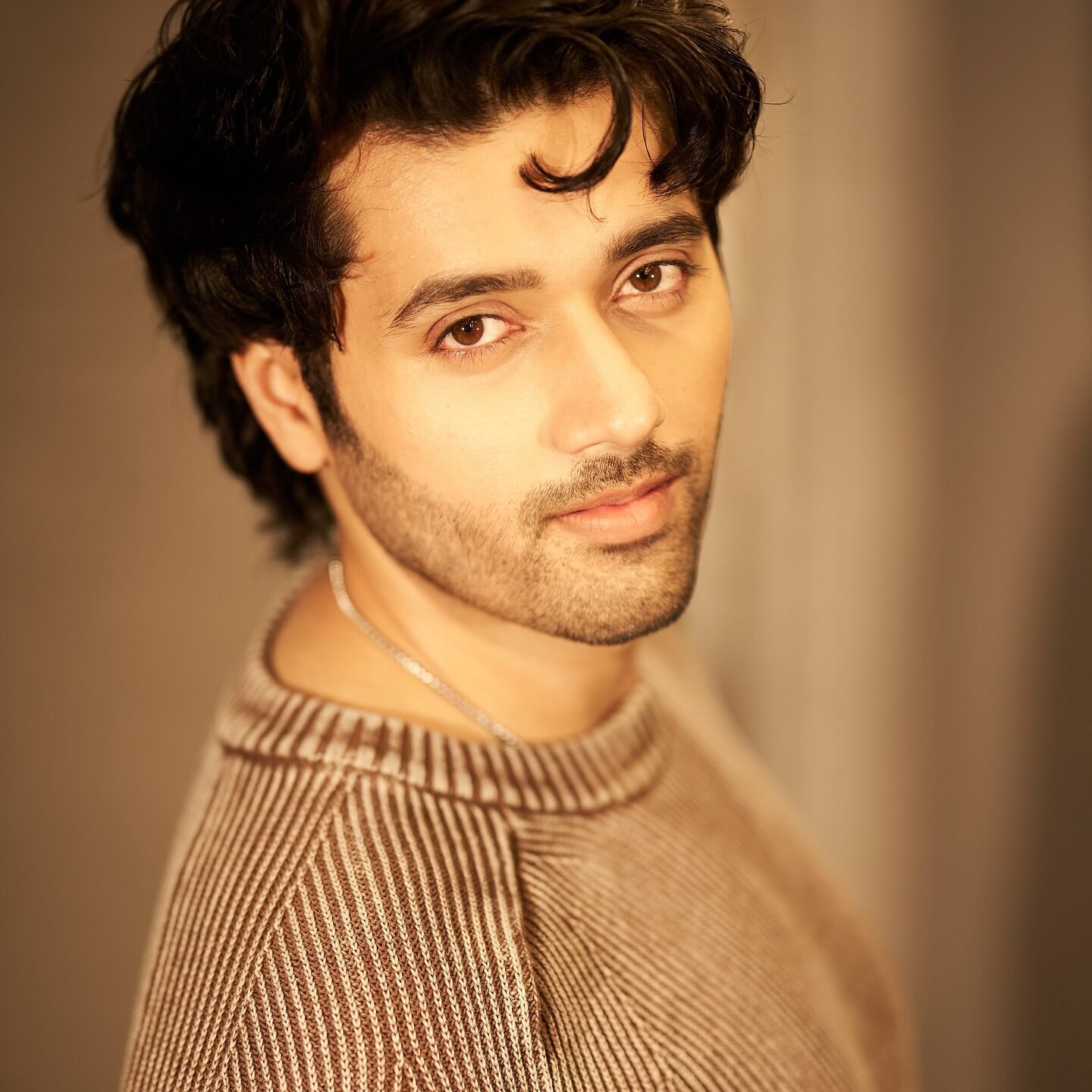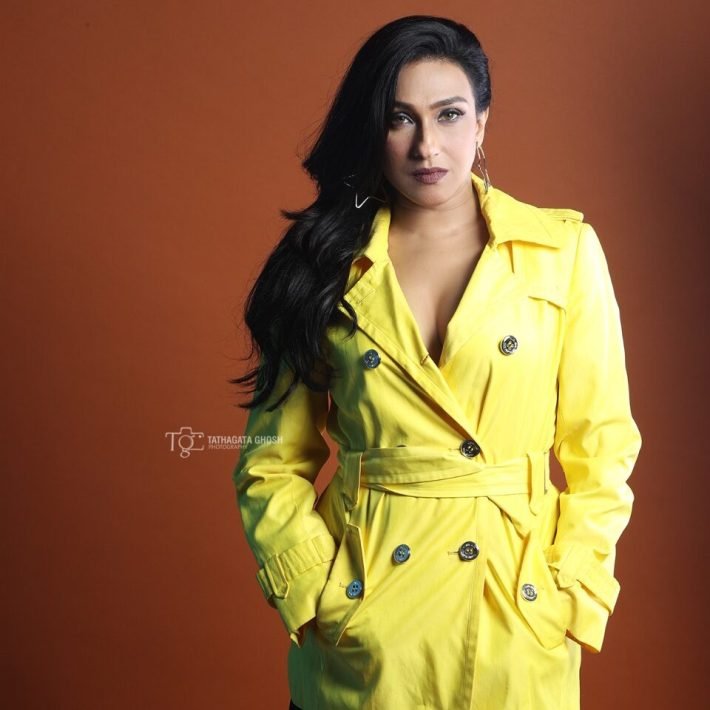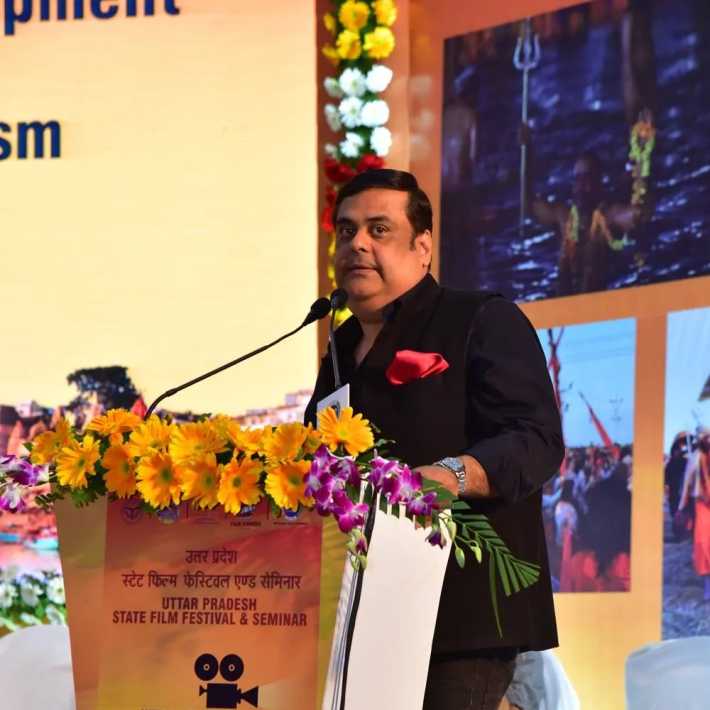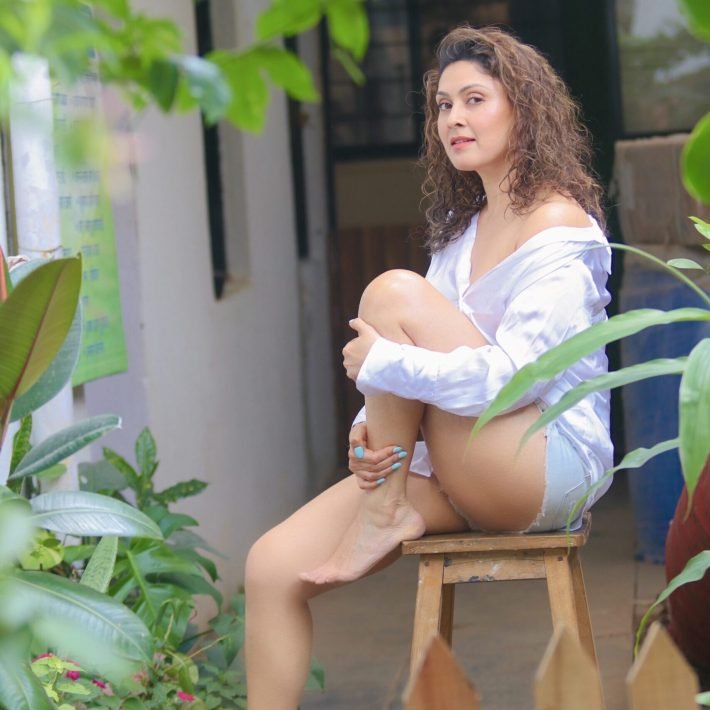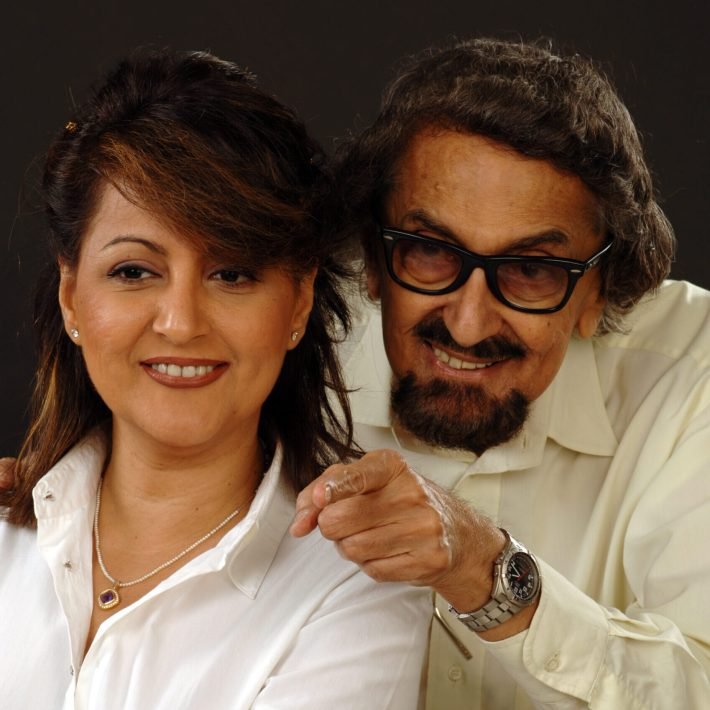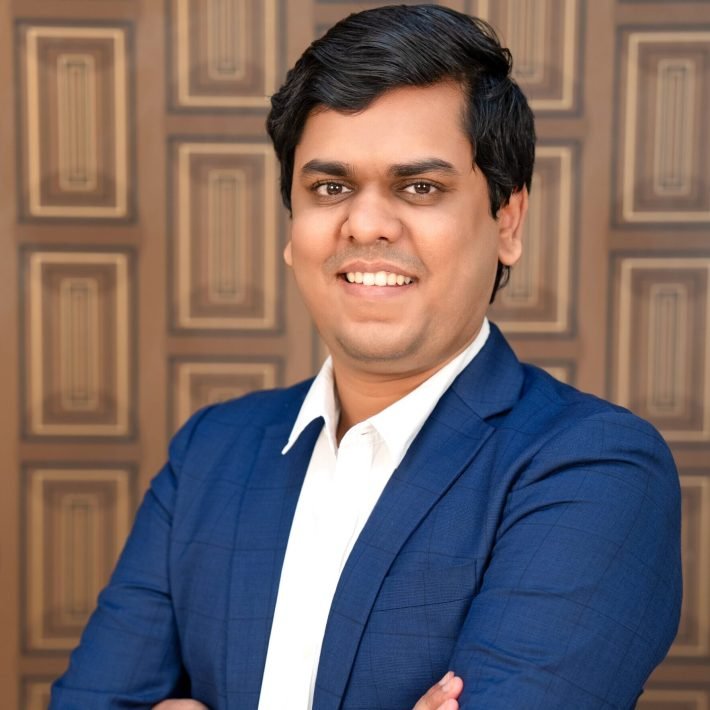Utkarsh Sharma reflects on growing up under the wings of his celebrated filmmaker father Anil Sharma and carving his own identity. Andrea CostaBir digs deeper.
Being the son of Anil Sharma, a celebrated filmmaker, how has his guidance shaped your career? What are the most valuable lessons you’ve learnt from him, both personally and professionally?
My dad’s passion for filmmaking is absolutely infectious. That’s the first thing I noticed growing up. Even when he’s home, he’s constantly thinking about stories, rewriting scenes, mentally living in the world of his characters. Filmmaking isn’t just a profession for him — it’s his life. And that level of dedication is something I absorbed early on. I realised that if I wanted to pursue a career in film, I couldn’t treat it like a part-time job. It requires 24/7 commitment, and I’ve tried to bring that same level of discipline to everything I do.
Beyond his tireless work ethic, one of the most important lessons I’ve learned from him is to be original. He always creates his own material, writes his own scenes, and sticks to his distinct style, no matter what’s trending. He’s very unapologetic about it — blunt, even — but that’s what I admire. As an artiste, you must have your own voice. That’s something I carry with me as an actor: Originality above all. Whether it works or not is secondary — what matters is that it comes from an honest place.
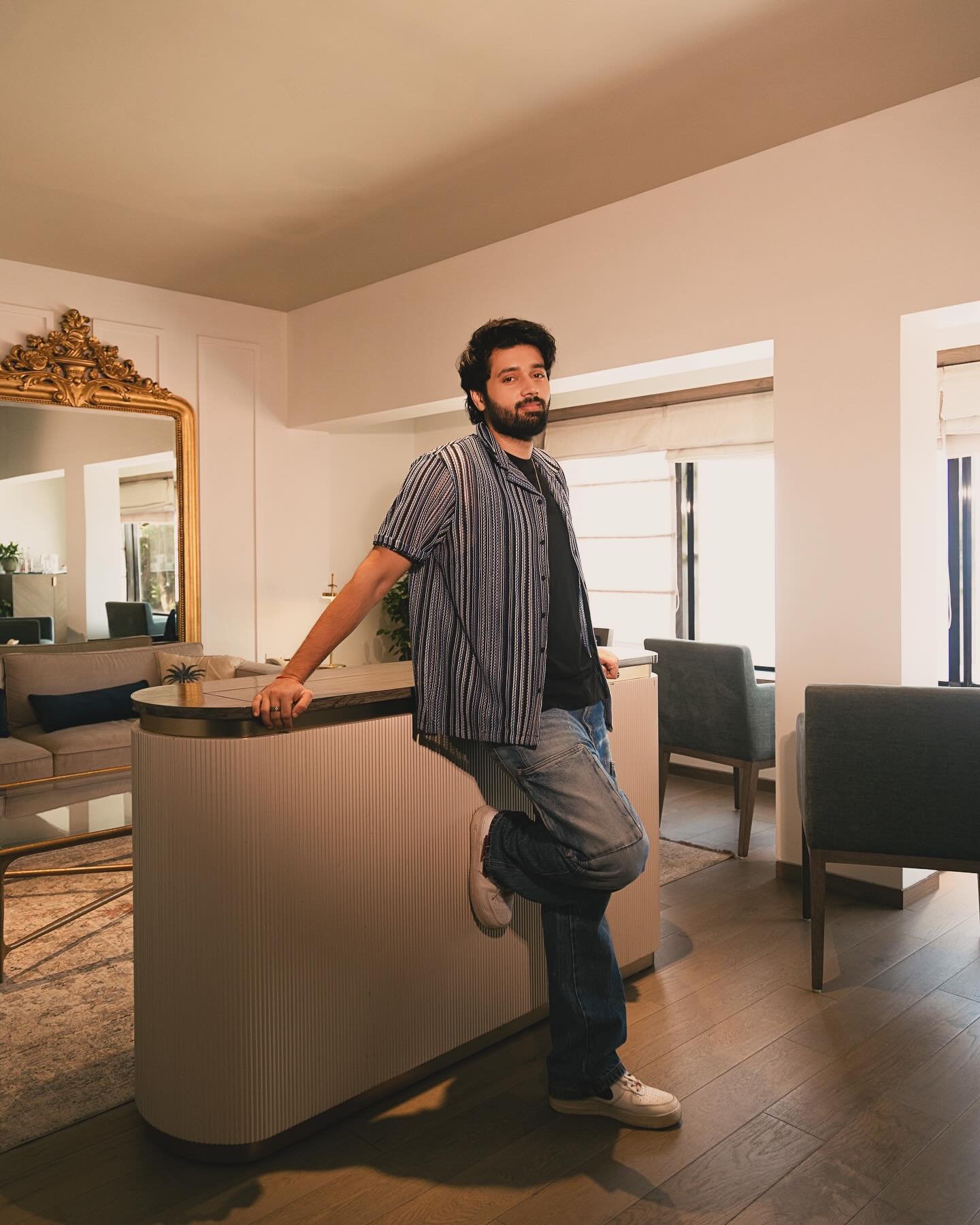
From ‘Gadar’ to ‘Genius’ — you began your journey as a child actor in ‘Gadar: Ek Prem Katha’ and then took on the lead in ‘Genius’. How do you reflect on your growth, and what challenges did you face transitioning from a child artiste to a lead actor?
Honestly, there was never a plan to be a child actor. It happened completely by chance. The role required a child actor for a long and intense shoot schedule, and most parents weren’t too keen on that. I just happened to be the right age, and since I was around the set anyway, I landed the part.
But after ‘Gadar’, I stepped away from acting. My parents always prioritised my education and never pushed me into the industry. They let me figure out my path. It wasn’t until I was a teenager, assisting dad on the sets of ‘Veer’, that I realised how much I loved the process. That’s when the spark was lit.
I started taking acting classes and doing theatre. I fell in love with performing — there was a peace and happiness I found on stage that I hadn’t felt anywhere else. That joy is what still drives me today. I wanted to understand filmmaking from all angles, so I went to the US, studied the craft, worked on short films, and returned home with clarity. When dad saw what I’d been working on, he was happy, and soon we started developing ‘Genius’ together. One thing led to another, and that became my debut as a lead.
What was it like reprising the role of Jeete in ‘Gadar 2’? How did you prep for the action scenes, and what was your most memorable experience from the film? Also, how has the ‘Gadar 2’ phenomenon impacted your career?
‘Gadar 2’ came about in the most unexpected way. I was working on another project, and dad was busy with something else when the lockdown happened. Suddenly, everything in the industry came to a standstill. That’s when the idea of ‘Gadar 2’ struck dad and our writer. When they narrated it to me, I was stunned. I mean, ‘Gadar’ is a classic. How do you follow that up 20 years later without risking its legacy?
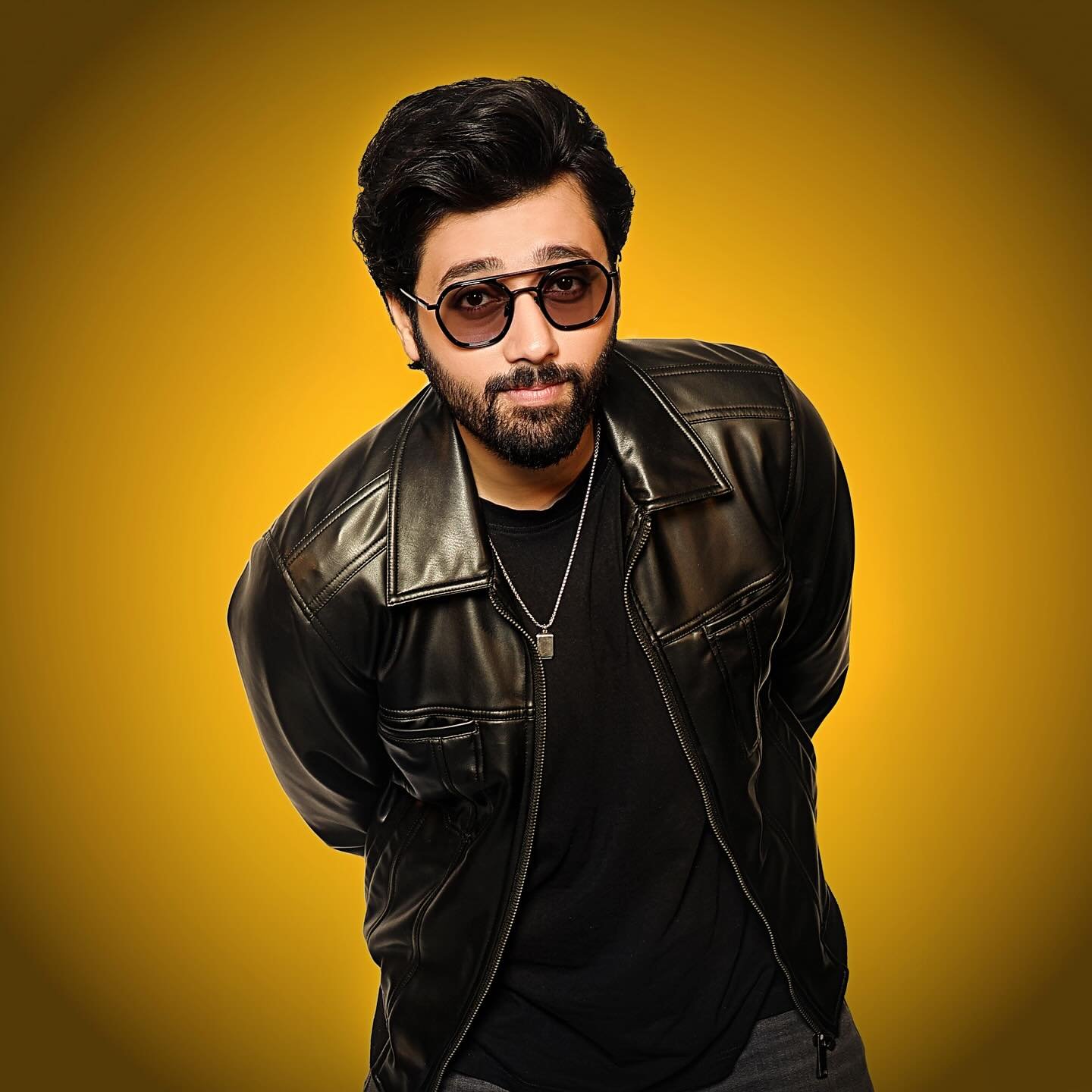
But the story had this raw emotion, something powerful, something real — and that’s what convinced us to move ahead. We faced so many challenges – the lockdown, a tight budget, and a commitment to keeping things as real as possible without over-relying on CGI (computer-generated imagery). There were moments in post-production where we were working round the clock — literally pulling all-nighters until the film was ready.
It felt like we were fighting a frontline battle. But eventually, hard work paid off. The film resonated deeply, especially with audiences in smaller towns and rural areas. People came in trucks to watch it in single-screen theatres. That’s the kind of impact you dream of. And it wasn’t just a success for us — it revived countless theatres that were on the brink of shutting down. That’s the true victory of ‘Gadar 2’.
Personally, it helped me reach the audiences I’ve always wanted to connect with — the heartland. I’ve always resonated with mass commercial cinema, and ‘Gadar 2’ gave me that platform. It brought families back to the theatres, and that’s a kind of magic I’ll always cherish.
Are there any actors or filmmakers — Indian or international — who’ve inspired your craft?
Oh, definitely. My all-time favourite will always be Dilip Kumarji. His work is pure gold. I still binge-watch his films whenever I get the chance. Among international artistes, I really admire Leonardo DiCaprio and Charlie Chaplin — such range, such conviction. Closer home, legends like Amitabh Bachchanji, Dharmendraji, Aamir Khan, Shah Rukh Khan, and Salman Khan have all influenced me in different ways. Each of them brings something unique to the table, and I constantly learn from their work.
Being part of a film family comes with its own expectations. How do you manage to balance that legacy while crafting your own path?
To be honest, I don’t think too much about the legacy or expectations. For me, the primary focus is always the audience. I want to make films where the viewers feel like their ticket money was well spent — where they leave the theatre smiling, thinking, feeling.
What matters most to me is storytelling rooted in emotion and culture. I’m not preoccupied with proving anything because once you’re in a theatre watching a movie, you’re not thinking about the actor’s background — you’re thinking about whether the story connects. So, my aim is to create work that speaks for itself, regardless of the name attached to it.
What is your relationship like with your parents? How do they support and influence you?
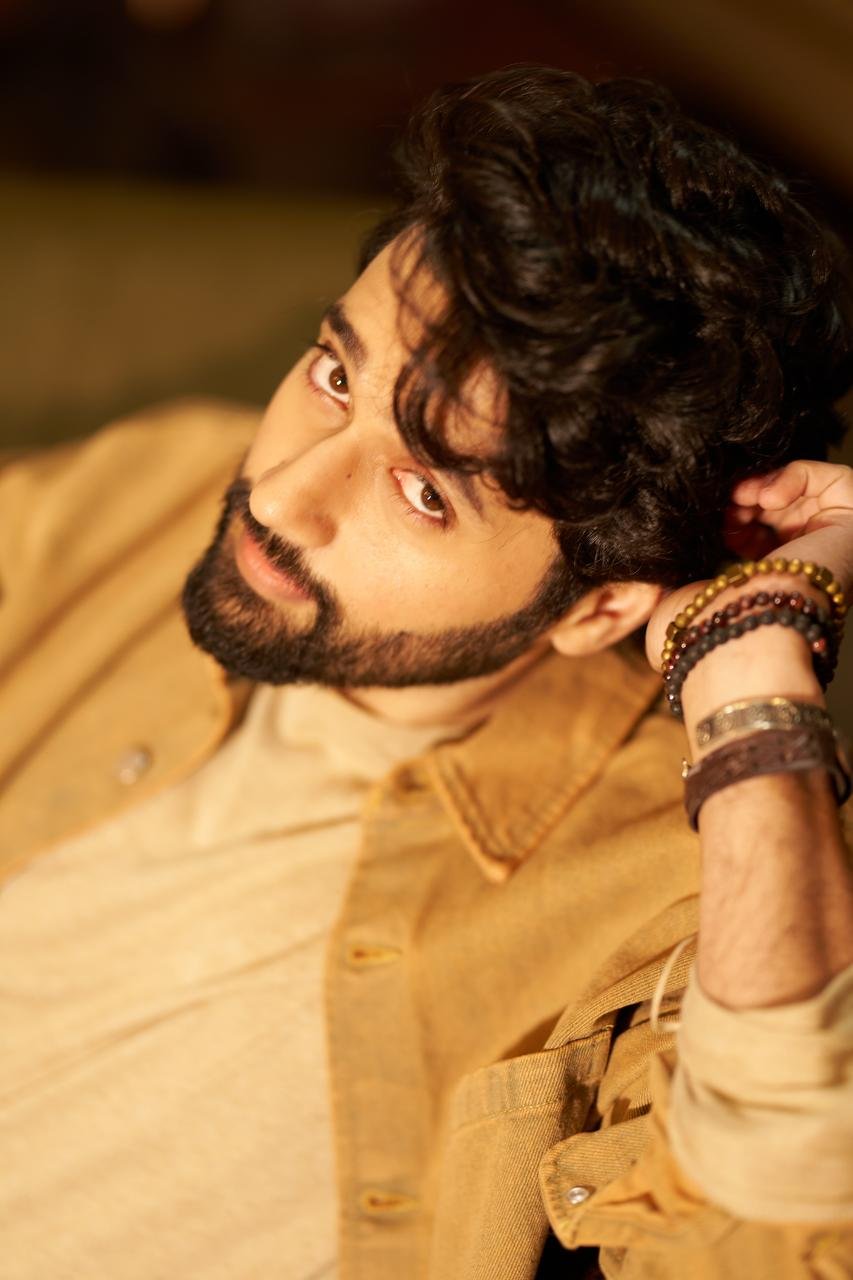
Everything I’ve achieved — every step I’ve taken — is because of my parents. They’ve always been my biggest guides. They’ve never pushed material goals on me. Their advice has always been to be a good person, to stay happy, and to remain grounded. That perspective helps in an industry like ours. Even today, when I’m facing dilemmas or feeling stuck, I turn to them. Their wisdom and unwavering support are something I hold very dear.
How do you handle the pressure of the industry and stay grounded?
I genuinely don’t feel pressured by the industry. That kind of pressure is self-imposed. The only real pressure I acknowledge is the responsibility toward the audience. That’s who we make films for. That’s who we answer to. You don’t work for the industry — you work for the people who are buying the ticket. If anything should keep you up at night, it’s whether your work is making them happy.
Do you have any upcoming films or OTT ventures? What kind of roles are you excited about taking on next?
Yes, I have a few films lined up — each in a different genre. I’m excited because I feel like I’ve managed to carve a little space in each of these worlds. Once the announcements are official, I’ll be able to share more, but all I can say is, these are films packed with emotion, entertainment, and rooted storytelling.
As far as OTT goes, I’m a bit more selective. My heart lies in theatre releases — that shared, cinematic experience is irreplaceable. But if something really exciting or unconventional comes up on OTT, I’d be open to exploring it.
Do you see yourself stepping into direction, like your father, someday?
Definitely. I love every aspect of filmmaking. I’ve worked as a grip, a gaffer, even as an editor. I enjoy writing too — I’ve got a few screenplays I’ve written that I’m holding onto for now. Direction is something I’ll consider eventually. Acting, unfortunately, has an age limit — certain roles suit certain phases of life. But direction has no age. So yes, someday, when the time is right, I’d love to direct. For now, my focus is acting, but the filmmaker in me is always alive.
